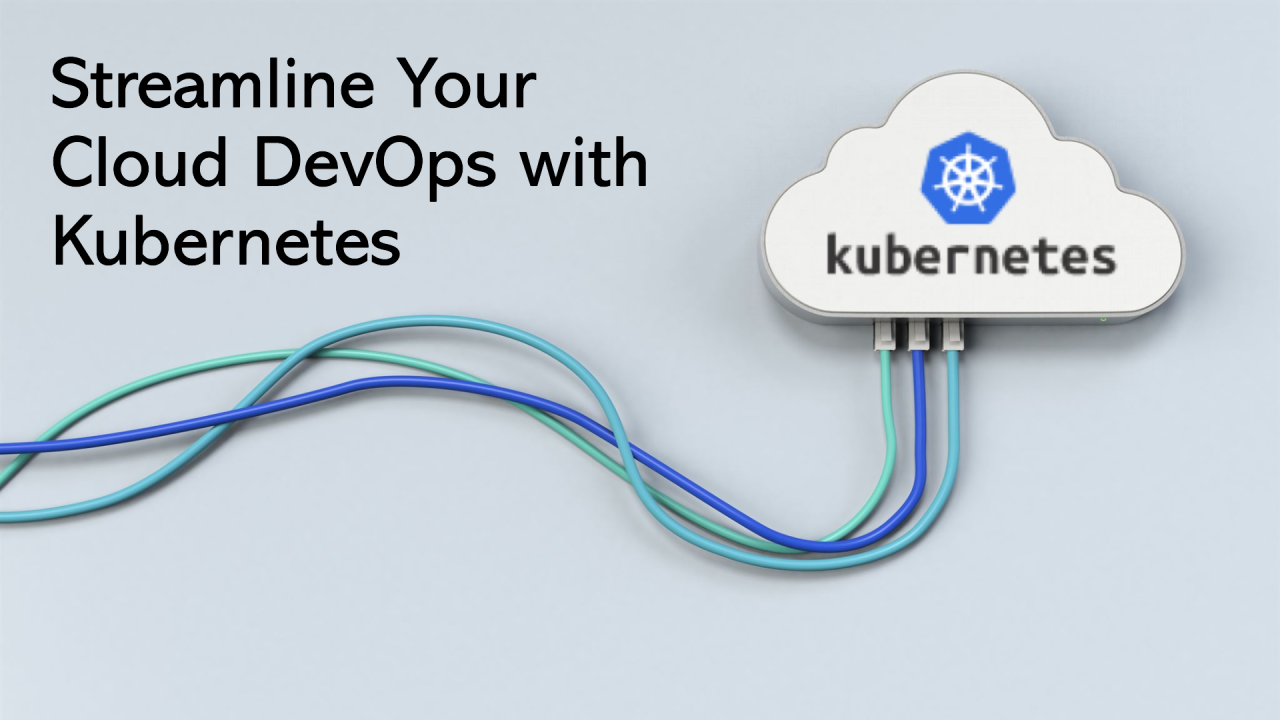
Kubernetes in Cloud DevOps: Orchestrating your containers for optimal performance.
ZAHER I. HASSAN
Bridging the Physical & Digital Realms through Intelligent Solutions (AIoT) and Digital Architecture Expertise
In the ever-evolving landscape of Cloud DevOps, Kubernetes has emerged as a game-changer for container orchestration. This powerful open-source platform has revolutionized the way we deploy, scale, and manage containerized applications. Let's dive into how Kubernetes can optimize your container performance in a cloud environment.
What is Kubernetes?
Kubernetes, often abbreviated as K8s, is an open-source container orchestration platform that automates the deployment, scaling, and management of containerized applications. It provides a framework to run distributed systems resiliently, taking care of scaling and failover for your application, providing deployment patterns, and more.
Key Features of Kubernetes
Kubernetes in Cloud DevOps
In a Cloud DevOps environment, Kubernetes serves as a crucial tool for maintaining consistency across development, testing, and production environments. It enables DevOps teams to:
Orchestrating Containers for Optimal Performance
Kubernetes excels in orchestrating containers for optimal performance through several mechanisms:
1. Efficient Resource Allocation
Kubernetes allows you to specify resource requests and limits for your containers, ensuring that each application gets the resources it needs without overconsuming.
领英推荐
2. Automatic Scaling
With Horizontal Pod Autoscaling, Kubernetes can automatically adjust the number of pods in a deployment based on CPU utilization or other select metrics.
3. Load Balancing
Kubernetes provides built-in load balancing to distribute network traffic across multiple pods, ensuring high availability and improved performance.
4. Self-healing
If a container fails, Kubernetes automatically restarts it. If a node dies, it redistributes the pods to healthy nodes, maintaining the desired state of your application.
Best Practices for Kubernetes in Cloud DevOps
Kubernetes has become an indispensable tool in the Cloud DevOps toolkit. By leveraging its powerful container orchestration capabilities, DevOps teams can significantly improve application performance, scalability, and reliability. As container technologies continue to evolve, mastering Kubernetes will be crucial for staying competitive in the cloud-native landscape.
Remember, while Kubernetes offers powerful features, it's essential to understand your specific use case and requirements to make the most of this technology. Happy orchestrating!
#CloudDevOps #ContainerTechnology #K8s #Kubernetes #ContainerOrchestration #zaherihassan